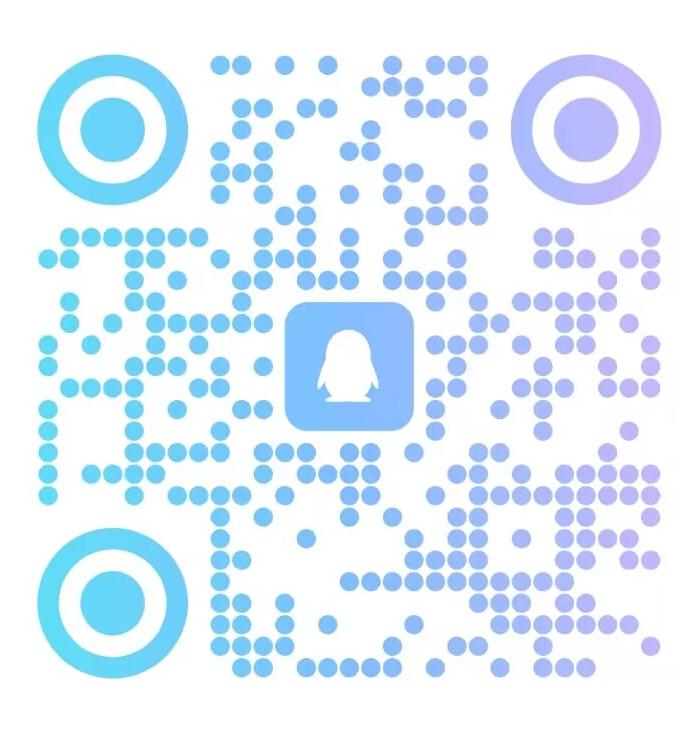QQ扫一扫联系

Text 2
An article in Scientific American has pointed out that empirical research says that, actually, you think you're more beautiful than you are. We have a deep-seated need to feel good about ourselves and we naturally employ a number of self-enhancing strategies to achieve this. Social psychologists have amassed oceans of research into what they call the" above average effect, orillusory superiority, and shown that, for example, 70% of us rate ourselves as above average in leadership, 93o in driving and 85o at getting on well with others-all obviously statistical impossibilities
We rose-tint our memories and put ourselves into self-affirming situations We become defensive when criticised, and apply negative stereotypes to others to boost our own esteem. We stalk around thinking we're hot stuff
Psychologist and behavioural scientist Nicholas Epley oversaw a key study into self-enhancement and attractiveness. Rather than have people simply rate their beauty compared with others, he asked them to identify an original photograph of themselves from a lineup including versions that had been altered to appear more and less attractive. Visual recognition, reads the study, is " an automatic psychological process, occurring rapidly and intuitively with little or no apparent conscious deliberation. " If the subjects quickly chose a falsely flattering imagewhich most did-they genuinely believed it was really how they looked
Epley found no significant gender difference in responses. Nor was there any evidence that those who self-enhanced the most that is, the participants who thought the most positively doctored pictures were real) were doing so to make up for profound insecurities. In fact, those who thought that the images higher up the attractiveness scale were real directly corresponded with those who showed other markers for having higher self-esteem. I don't think the findings that we have are any evidence of personal delusion, says Epley. " It's a reflection simply of people generally thinking well of themselves. If you are depressed you won't be self-enhancing
Knowing the results of epley's study, it makes sense that many people hate photographs of themselves so viscerally-on one level, they don't even recognise the person in the picture as themselves. Facebook, therefore, is a self-enhancer's paradise, where people can share only the most flattering photos, the cream of their wit, style, beauty, intellect and lifestyles. It's not that people's profiles are dishonest, says Catalina Toma of wisconsin-Madison University, " but they portray an idealised version of themselves
26. According to the first paragraph, social psychologists have found that
A. our self-ratings are unrealistically high
B. illusory superiority is a baseless effect
C. our need for leadership is unnatural
D. self-enhancing strategies are ineffective
27. Visual recognition is believed to be people's
A. rapid matching
B. conscious choice
C. intuitive response
D. automatic self-defence
28. Epley found that people with higher self-esteem tended to
a. underestimate their insecurities
B. believe in their attractiveness
C. cover up their depressions
D. oversimplify their illusions
29. The word" viscerally( Para. 5) is closest in meaning to
A. instinctively
B. occasionally
C. particularly
D.aggressively
30. It can be inferred that Facebook is a self-enhancer's paradise because people
can
A. present their dishonest profiles
B. define their traditional lifestyles
C. share their intellectual pursuits
D. withhold their unflattering sides